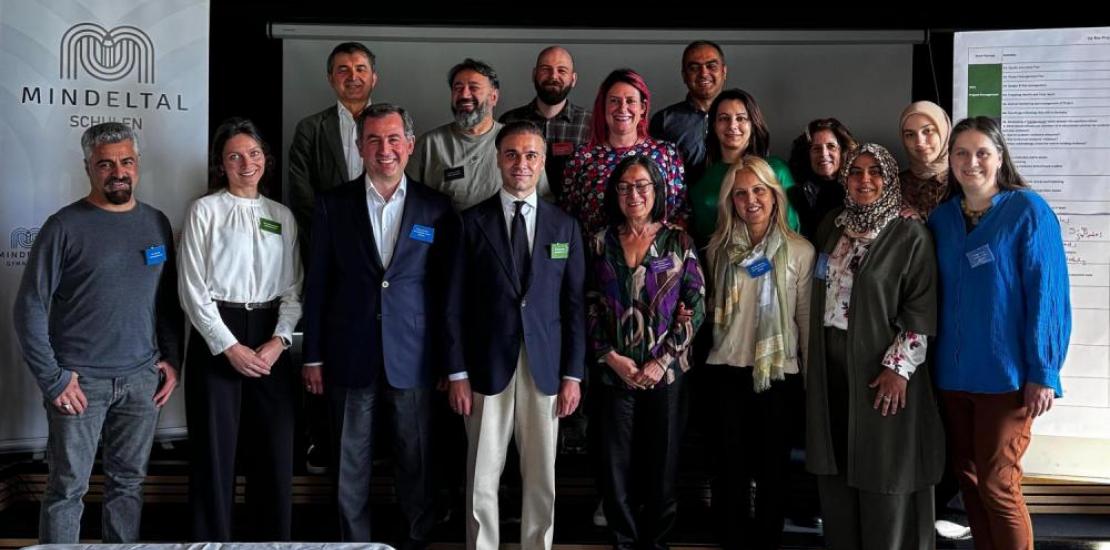UCAM participates in a European project to improve the adaptation of migrant students
A multidisciplinary team from the Cartagena Campus joins an international initiative that seeks to help migrant and refugee children adapt better to the school environment through strategies based on scientific evidence
Adjusting to a new school can be a major challenge, especially for migrant and refugee children who have experienced traumatic situations and have to overcome cultural and linguistic barriers. For this reason, the UCAM has joined the European project Up-Res, (Promoting Academic Achievement and Inclusion of Students through Resilience Building), an Erasmus+ initiative, funded by the European Union, which seeks to improve school integration and the emotional well-being of migrant and refugee students between 11 and 14 years of age, strengthening their personal and academic resilience.
The project addresses the concern about the adaptation of these children, many of whom are vulnerable and have previous traumatic experiences, and who face new social barriers when they arrive at European schools. Up-Res, led by the German Mindeltal School, involves schools in Germany, Greece and associations linked to the Ukrainian community, together with organisations such as Lifelong Guidance, Mobad and Nova Education.
Six UCAM researchers from the Cartagena Campus are participating: two psychologists, three nurses and a biologist, all committed to improving the psychological and academic well-being of the most vulnerable students. Their work focuses on the methodological design of the project, the identification of variables and the analysis of scientific data.
‘Our team works to ensure that interventions are based on objective data and that they are scientifically validated. The aim is to identify which strategies really help these students adapt to a new school environment,’ explains Miriam Sánchez, researcher, biologist and professor of Anatomy at the Faculty of Nursing and Medicine at UCAM Cartagena.
The project started last Thursday with a first meeting in Jettingen-Scheppach (Germany), where the work of the different partners was coordinated and the official website was presented. School interventions will begin in September, and the next consortium meeting will be held in Cartagena in November.




